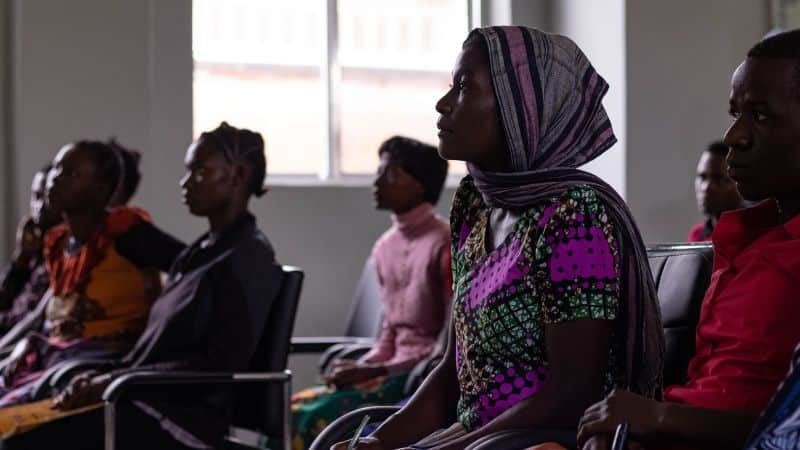On February 21, 1952, student activists in East Pakistan (now Bangladesh) gathered in opposition to the government’s decision to impose Urdu as the sole official language of the country, leading police to open fire on the demonstrators. This incident played an important role in East Pakistan’s struggles to become independent and sparked a movement advocating for the Bengali language and culture. In 1999, the celebration of Mother Language Day, initiated by Bangladesh to commemorate the 1952 tragedy and promote linguistic and cultural diversity, was accepted by the UNESCO and has been observed annually ever since. To commemorate this special day, here’s how language services and localization services play a key role in the global education system:
International Mother Language Day and Language Services
Currently, over 250 million children and young people don’t attend school, and almost 750 million adults have no basic literacy skills. To fully support and promote native language education as well as the learning, literacy, and acquisition of additional languages, this year’s theme of the International Mother Language Day is “Multilingual education – a pillar of integrational learning”. Scientific studies clearly show that learning in one’s native language plays an essential part in success at school since it boosts self-esteem, awakens curiosity, and clears the way for cognitive development. For an multilingual educational system to work as smoothly as possible, it’s important to work with experienced translation services to make sure all educational materials are translated properly by skilled translators who have a broad understanding and knowledge of different industry-specific terminology. Translating educational materials requires the help of veteran education translation services to ensure that every student reading through their materials can understand the lessons and can follow instructions without any issues.
Language Services And Cultural Diversity
The primary goal of International Mother Language Day is to advocate linguistic and cultural diversity, multilingualism, as well as to safeguard endangered languages. Linguistic diversity highlights the value of fostering cultural understanding, promotes peace and sustainability, and enhances social inclusion. With the help of translation and interpreting services, endangered languages can be made accessible and understandable for all. Localization services can also help adapt one culture’s content into another’s, making sure all relevant information is accurately conveyed with no room for misinterpretation.
Conclusion
International Mother Language Day aims to protect languages in jeopardy of extinction, encourage the use of native languages, and underscore the importance of a peaceful coexisting. To share these ideals across the world, language service providers play a crucial role.
About Language Connections:
Language Connections is one of the top language service companies in the US. Over the last 30 years, we’ve focused on providing the best business translation services, interpreting services, as well as interpreter training and customized language training programs. In addition to top-tier corporate language training, we offer certified corporate interpreters and professional business translation services in 200+ languages. Our network includes linguists with backgrounds in all major industries. They’re ready to meet your needs, whether they’re for technical translation, legal translation, government translation services, international development translation services, education translation services, life sciences translation, or something else. Reach out to us today for a free quote on our cost-efficient and timely translation services, interpreters, or other linguistic services.
Language Connections Inc.
2001 Beacon Street, Suite 105,
Boston, MA 02135
Phone: +1-617-731-3510
Email: service@languageconnections.com


